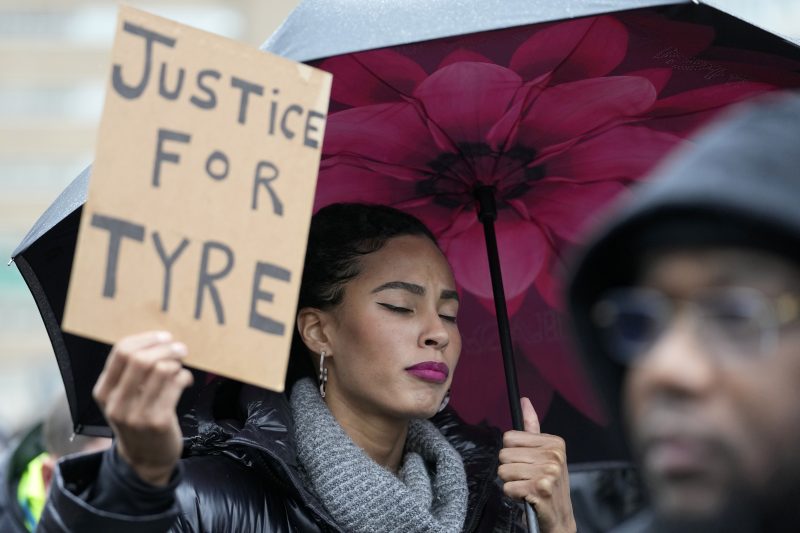For every two Black voters who supported Donald Trump in 2020, 23 voted for Joe Biden. The vast majority of Black Americans are Democrats or independents who consistently vote with Democrats, a solidity of demographic partisanship that’s unmatched anywhere else in the country.
In the abstract, this is unremarkable. We’ve known this for decades; there hasn’t been any significant change to this alignment since the civil rights era.
But in the context of issues that are centered on Black Americans — like deaths of Black people at the hands of police or how Black history is taught — that one party is allied with the 14 percent of the population that identifies as Black is important. There is a political motivation for Democratic leaders to reflect the priorities of Black Americans. There is no equivalent motivation among Republicans, beyond the desire to shift the ratio of support mentioned at the beginning of this article. If there is a political issue that pits White Americans against Black Americans, the Republican Party has a motivation to side with the former and the Democratic Party the latter.
The death of Tyre Nichols after being beaten by police in Memphis spurred a new round of protests centered on the excessive use of force by police. Those protests, in turn, prompted pollsters to measure how Americans respond to questions about race and policing. Unsurprisingly, given the argument presented above, there is a correlation between party and race.
The Washington Post and our partners at ABC News released the results of a poll last week. We found that most Americans weren’t confident that police treat Black and White Americans the same. Only about 2 in 5 Americans said they were somewhat or very confident that police treated both groups equally.
Among Republicans, though, nearly three-quarters said they were very or somewhat confident that Black Americans were treated the same as White Americans. Among Democrats, only 15 percent held that position — about the same as the 12 percent of Black Americans who thought the two groups were treated equally.
In polling conducted for the Economist by YouGov in December, we see that Republicans are generally less likely to view Black Americans as a target of discrimination than are Democrats or Americans overall. In fact, Republicans are slightly more likely to view Whites as facing at least moderate discrimination as they are to say the same of Black Americans.
Research conducted by YouGov for CBS News that was published on Sunday mirrors the Post-ABC poll. In that poll, about as many Americans said police treat White people better than Black people as said that police treat both groups equivalently. More than two-thirds of Republicans said police treat both groups equally.
That’s certainly because there are so few Black Republicans; two-thirds of Black respondents said police treated White Americans better. Among Democrats, the overall figure was about the same.
That same pattern holds for other questions in both recent polls. The Post-ABC poll asked whether police were adequately trained to avoid excessive force. Most Republicans said they were at least moderately confident that was the case. Only 1 in 5 Democrats or Black Americans agreed.
Most Americans agreed that there should be changes to police procedures, according to YouGov’s poll. But 3 in 5 Democrats and Black Americans said major changes were needed, compared with 3 in 10 Republicans.
You’ll notice that the views of White Americans generally fall between the views of Democrats and Republicans. That’s because there are a lot of White Democrats whose views generally align with those of Black Americans. In the Post-ABC poll, for example, there was not a significant difference between the expressed positions of White Democrats and the positions of non-White Democrats, including Black Democrats.
When YouGov asked how people felt about their local police, the same pattern: Black Americans and Democrats were less likely than Republicans to say their local police were doing a “very good” job.
One place that the Democratic Party and Black Americans diverged slightly was on the question of how they personally felt. Only a quarter of Black Americans said they generally felt protected by police; more than a third of Democrats overall felt that way. In fact, the percentage of Democrats who said they felt protected was almost exactly midway between the numbers among Whites and Blacks.
The implication is that White Democrats are sympathetic to the concerns of Black Americans about police excesses, even if they themselves don’t experience them.
This, of course, is the point: For many Democrats — including those who are Black — these questions are not viewed as theoretical. White Democrats are sympathetic to those concerns.
Republicans, most of whom are White, are less so.

